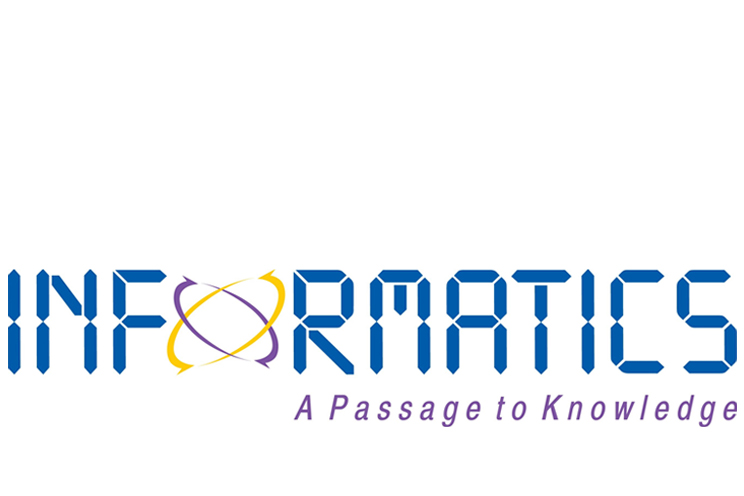Public Article
-
verified
Does Late-Onset Huntington Disease Represent a Distinct Symptomatic Picture? Evidence for a Selective Deficit in Execu...
ISSN: 2292 - 2598
Publisher: author
Does Late-Onset Huntington Disease Represent a Distinct Symptomatic Picture? Evidence for a Selective Deficit in Execu...
Indexed in
Medical Sciences
ARTICLE-FACTOR
1.3
Article Basics Score: 2
Article Transparency Score: 2
Article Operation Score: 3
Article Articles Score: 3
Article Accessibility Score: 3
SUBMIT PAPER ASK QUESTION
International Category Code (ICC):

ICC-1702
Publisher: Lifescience Global Inc.
International Journal Address (IAA):

IAA.ZONE/2292109942598
eISSN
:
2292 - 2598
VALID
ISSN Validator
Abstract
Huntington Disease (HD) is an autosomal-dominant, neurodegenerative disorder, including motor, cognitive, emotional and behavioral symptoms. Motor symptoms used to set the clinical onset, typically emerge in the middle age. Here, we describe the case of a patient, who received a genetic diagnosis at 75 years and developed motor symptoms at 80. The Patient shows severe motor symptoms in the absence of personality changes or psychiatric disorders typically observed in HD. For what attain neuropsychological profile, it results unaltered apart from a specific deficit in emotion recognition and general slowness on executive functioning tasks, reflecting a specific trade-off between accuracy and rate of performances, that is a selective impairment in fine-tuning of resources. Both of these deficits in the Patient could be ascribable to the frontostriatal atrophy, evidenced by Computed Tomography. While deficit in emotion recognition is a we...
























































